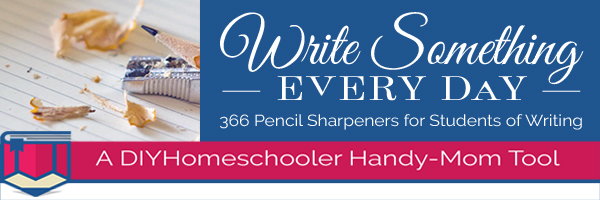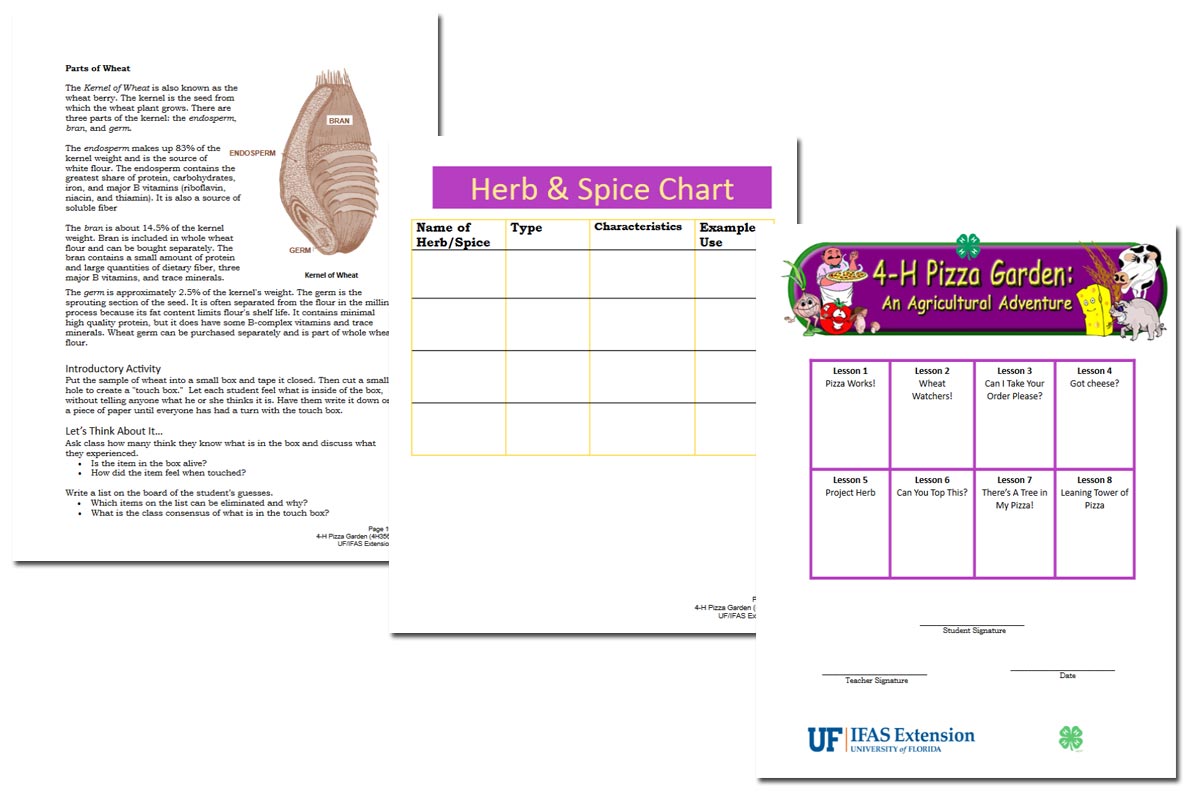
If you look at the typical scope and sequence, you may wonder how you are going to cover so many subjects in a single day. And if we have more than one student at more than one level, the number of “classes” is multiplied significantly. Here is the key to simplifying — understand the difference between skill subjects and content subjects.
These two principles will keep us focused and on track:
- Recognize the difference between skill subjects and content subjects.
- Lean heavily on self-education.
The two really work hand in hand. First a few definitions.
- Skill subjects are those areas in which our children need to develop a set of skills to learn anything at all. They are fundamental to learning any subject. They include reading, writing, and thinking.
- Content subjects are those areas in which we use the skills we have developed early in life to learn any subject throughout our life. They include literature, history, and even lower-level science.
- Self-education takes advantage of the skills we have developed to teach ourselves any content subject area. There is also an advantage in having learned the basic skill of being able to teach ourselves new skills throughout life — whether those skills are artistic, musical, or scientific in nature.
Our children will need a basic set of skills to learn any subject. When they are very young, these foundational skills should be our focus. They need to learn to read, to practice and grow proficient at handwriting. During this growing skill period, we can simply read aloud history, geography, and science books to expand their world. But we don’t need to spend time studying something they don’t have the skills to use at this point.
When their basic reading and writing skills are coming along, then they can start using those skills on other content subjects. When their handwriting is perfected they can begin to write sentences, perhaps about a book they just read, or a period of history explored in a read-aloud. They can also begin developing their thinking skills by narrating.
As their basic reading, writing, and thinking skills become even more developed, they can begin to learn to teach themselves other content subjects. Perhaps they have a particular interest in medieval times. As they read, think, and write about medieval times they are learning history far more effectively than they would through a textbook alone. Science can begin to be studied in a more serious manner — when they have the math skills to support it.
The skill subjects will generally need to be learned skill upon skill (handwriting before worrying about writing mechanics). However, the content subjects can be learned in any order.
By developing their skills by using them in real life — real-time learning — children can see the value of the skill.
This is the key to simplifying homeschooling: Practice language skills in the content subjects and not in isolation separately in a language course. Remember that language skills include thinking as well as reading and writing.
A Biblical Home Education by Ruth Beechick
In short, the goal is to provide our children with the skill set they need to learn any subject for themselves. By focusing on what they need when they need it we are providing them with a very effective education that will lead to a lifetime of learning, while at the same time simplifying our tasks as mentors and tutors.
Additional Resources

Language Arts the Natural Way
Natural ways to build fundamental skills!

Beechick Basics
Tips for making it work from an expert.
Keep Reading
Three Goals of Teaching
Three goals of teaching: teach students how to think, how to learn, and how to work independently.
10 Tips for Providing a Non-Generic Personalized Education
We can provide the “richest” education, and yet fail to provide an education specifically designed for each child — a non-generic, personalized education.
14 Ways to Plan Studies Around an Interest
14 ways to plan studies that focus on essential skills, while honoring individual interests.













You must be logged in to post a comment.